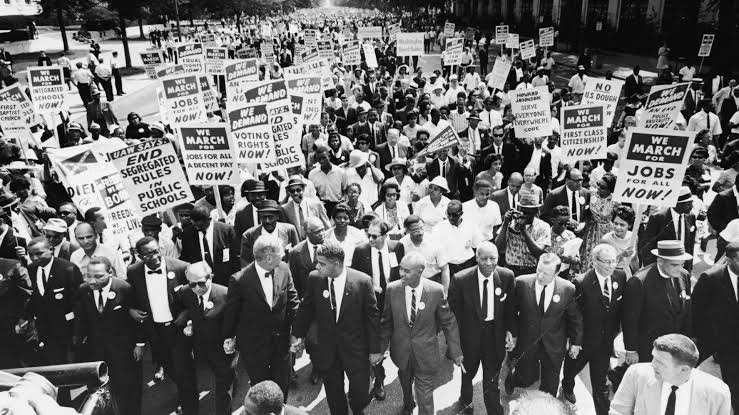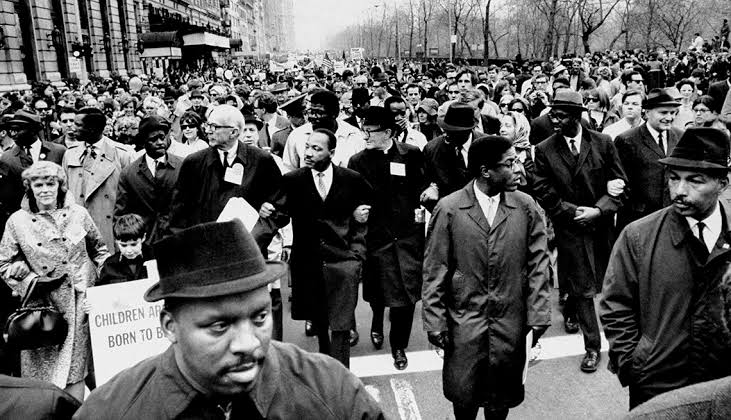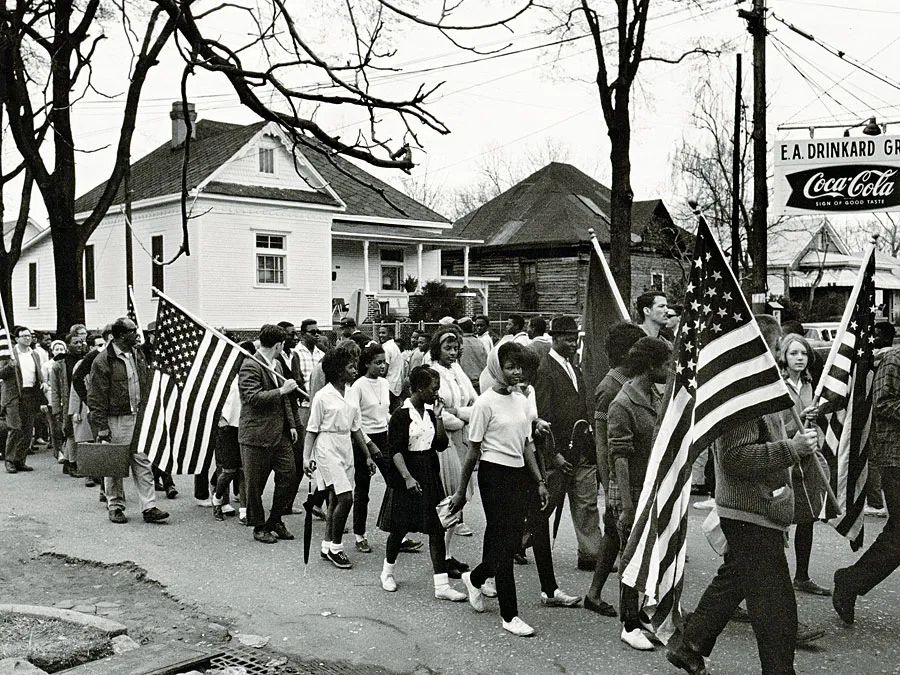The struggle for African American freedom in the United States is a story of resilience, perseverance, and relentless pursuit of justice. From the horrors of slavery to the triumphs of the Civil Rights Movement, the path to freedom has been marked by pivotal moments that shaped the course of history. In this article, we explore ten crucial steps that had to happen before blacks in America achieved the long-awaited promise of freedom.
Abolition of Slavery:
The abolition of slavery was a monumental milestone in the quest for African American freedom. With the Emancipation Proclamation in 1863 and the ratification of the 13th Amendment in 1865, slavery was officially abolished in the United States. However, the struggle for equality was far from over.

Reconstruction Era:
The Reconstruction Era following the Civil War laid the groundwork for African American citizenship and civil rights. The 14th and 15th Amendments granted citizenship and voting rights to African Americans, respectively, marking significant strides toward freedom and equality.
Jim Crow Laws:
Despite legal gains during Reconstruction, the enactment of Jim Crow laws in the late 19th and early 20th centuries institutionalized segregation and discrimination against African Americans. These laws enforced racial segregation in public facilities, schools, and housing, perpetuating racial inequality.
Civil Rights Movement:
The Civil Rights Movement of the 1950s and 1960s emerged as a defining moment in the fight for African American freedom. Led by courageous activists such as Martin Luther King Jr., Rosa Parks, and Malcolm X, the movement mobilized mass protests, boycotts, and marches to demand an end to segregation and discrimination.

Brown v. Board of Education:
The landmark Supreme Court case Brown v. Board of Education in 1954 struck down the doctrine of “separate but equal” in public education, declaring segregation unconstitutional. This ruling paved the way for the desegregation of schools and challenged the systemic racism entrenched in American society.
Also, read; Lil Durk Teams Up with STARRY to Offer $333K in Scholarships to HBCU Students
Voting Rights Act of 1965:
The Voting Rights Act of 1965 was a watershed moment in the struggle for African American political empowerment. This legislation outlawed discriminatory voting practices that disenfranchised African American voters, such as literacy tests and poll taxes, ensuring equal access to the ballot box.

Civil Rights Act of 1964:
The Civil Rights Act of 1964 was a comprehensive civil rights law that prohibited discrimination on the basis of race, color, religion, sex, or national origin. It outlawed segregation in public accommodations and employment practices, ushering in a new era of equality and opportunity.
Black Power Movement:
The Black Power Movement of the 1960s and 1970s sought to empower African Americans and assert their cultural identity and political rights. Inspired by leaders such as Malcolm X and Stokely Carmichael, the movement advocated for self-determination, community control, and black pride.

Affirmative Action:
Affirmative action policies were implemented in the late 20th century to address the historical and systemic barriers faced by African Americans in education, employment, and government contracting. These policies aimed to promote diversity and equal opportunity by providing preferential treatment to underrepresented groups.
Continued Advocacy and Activism:
Despite significant progress, the fight for African American freedom continues today. Ongoing advocacy and activism are essential to addressing systemic racism, police brutality, economic inequality, and other forms of injustice that disproportionately affect African Americans. Through collective action and solidarity, the quest for freedom and equality persists.

Conclusion:
The journey toward African American freedom in the United States has been characterized by struggle, sacrifice, and resilience. From the abolition of slavery to the Civil Rights Movement and beyond, each step along the way has brought us closer to the promise of liberty and justice for all. As we reflect on the past and confront the challenges of the present, let us remain steadfast in our commitment to building a more just and equitable society for future generations.

